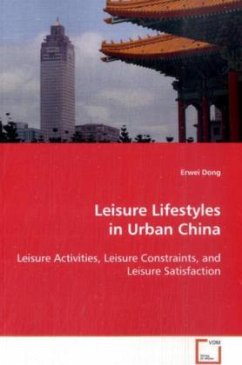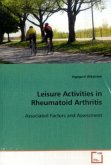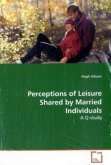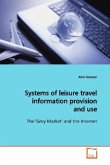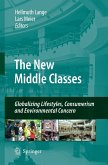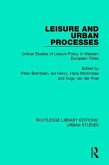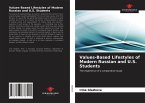Chinese leisure has received little attention from
either Chinese or international scholars. Because of
the long history of Chinese leisure, and because
China has the largest population in the world,
understanding Chinese leisure may greatly assist us
in understanding the evolution of leisure in general
and in predicting its future. Media habits (e.g.,
movies, reading, etc.) are considered the most
important activities by urban Chinese. Social
activities (visiting friends and relatives, dating,
chatting, attending family gatherings) play
important roles in Chinese urban daily life. Passive
leisure, as a form of leisure, continues to play a
dominant role in the leisure activities of the
Chinese urban population. Among the passive leisure
activities pursued by the Chinese urban population,
meditation is not only one form of leisure activity,
it is also an alternative medicine that may
contribute to enhance the Chinese urban population s
health. Furthermore, Chinese traditional culture may
still influence urban people s leisure preferences;
modern urban Chinese people continue to seek
mountains and water places for their leisure.
either Chinese or international scholars. Because of
the long history of Chinese leisure, and because
China has the largest population in the world,
understanding Chinese leisure may greatly assist us
in understanding the evolution of leisure in general
and in predicting its future. Media habits (e.g.,
movies, reading, etc.) are considered the most
important activities by urban Chinese. Social
activities (visiting friends and relatives, dating,
chatting, attending family gatherings) play
important roles in Chinese urban daily life. Passive
leisure, as a form of leisure, continues to play a
dominant role in the leisure activities of the
Chinese urban population. Among the passive leisure
activities pursued by the Chinese urban population,
meditation is not only one form of leisure activity,
it is also an alternative medicine that may
contribute to enhance the Chinese urban population s
health. Furthermore, Chinese traditional culture may
still influence urban people s leisure preferences;
modern urban Chinese people continue to seek
mountains and water places for their leisure.

